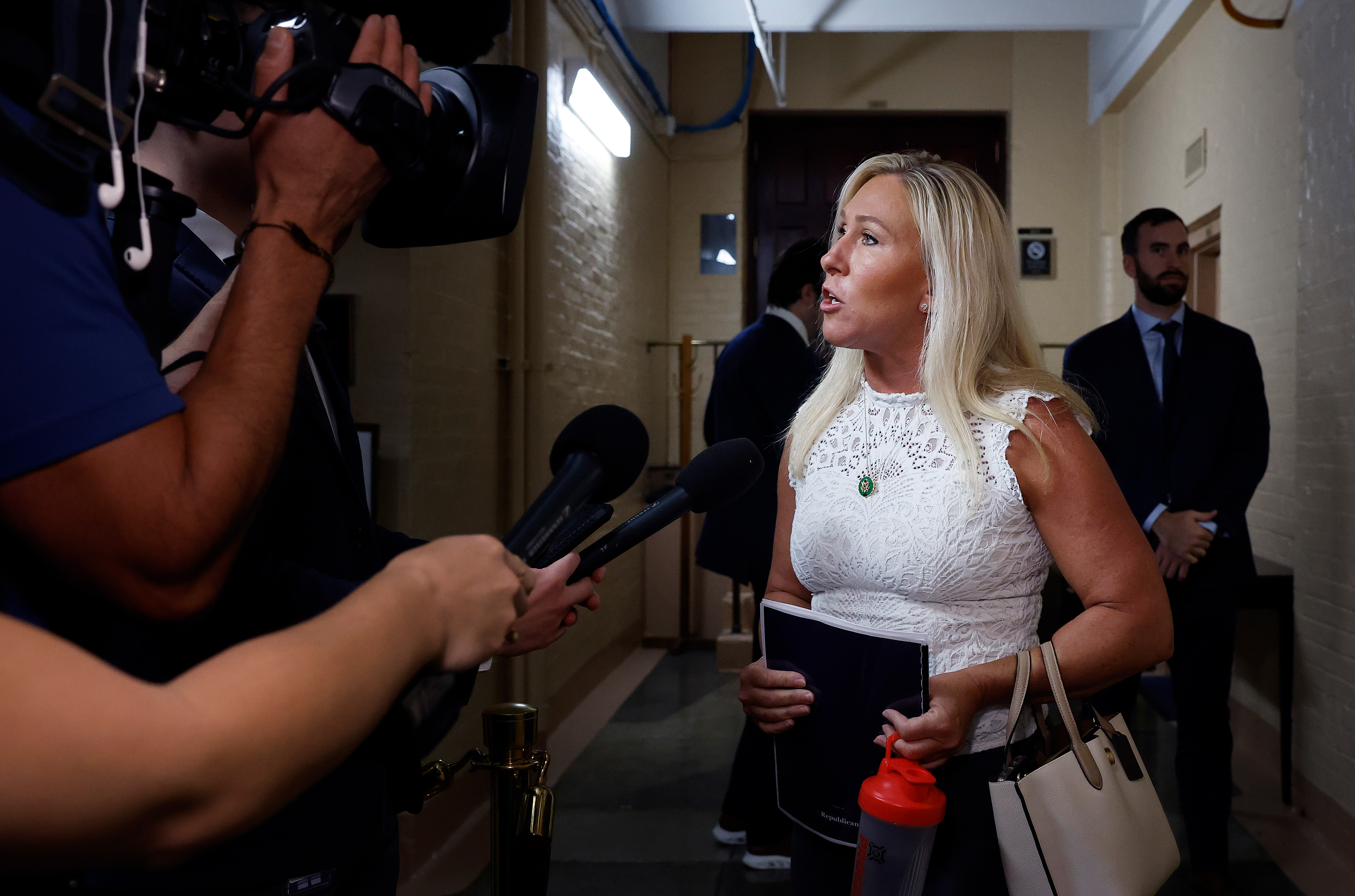An ongoing heat wave has spurred debate on if climate change is to blame for the high temperatures seen worldwide.
Since June, a heat wave has gripped the U.S. Southwest and warmed states like Texas and Arizona to triple-digit temperatures for weeks on end. July saw little respite from the heat as high temperatures spread to the Plains, Midwest and Northeast. On Thursday, Axios reported that more than two-thirds of the United States was under heat alerts.
Other areas of the world are battling extreme heat as well. High heat has exacerbated wildfires raging in Sicily and Greece. Punishing temperatures scorched China in July.
The life-threatening heat wave in the U.S. has killed at least nine people in the southwestern states. It also has devastating consequences on crops as yield is drastically reduced during high temperatures. The ongoing threat from the heat wave has prompted debate on the role of global warming in extreme temperatures.

Is Climate Change Causing the Heat Wave?
A recent study by World Weather Attribution found that the heat waves in the United States and Europe would be "virtually impossible" without climate change, NPR reported on Tuesday.
Experts agree that heat waves have always existed and have shifted around the globe based on weather patterns. Several experts told Newsweek that while climate change may not be the sole cause of a heat wave, it exacerbates the heat waves when they occur.
AccuWeather Director of Forecast Operations Dan DePodwin told Newsweek that it's difficult to attribute one specific weather event to climate change, but global warming is definitely making an impact.
"The Phoenix heat wave was the most intense heat wave in that city since records began in the late 1800s," DePodwin said. Temperatures in Phoenix have exceeded 110 degrees multiple days this summer. "From our perspective, climate change is certainly part of that reason."
Noah Diffenbaugh, a professor at Stanford's Doerr School of Sustainability, said that research shows that global warming has "increased the probability and intensity of severe heat," but that climate change isn't the sole cause of the most recent heat wave.
"Every extreme event results from multiple ingredients coming together," Diffenbaugh told Newsweek.
Diffenbaugh said heat waves existed long before global warming became a threat, but climate change can influence the severity of the heat waves when they occur.
"We know that global warming has increased the intensity of heat when those heat wave conditions come together," he said, adding that climate change also "has increased the spatial extent of the area experiencing severe heat, and it has increased the duration of those events."
"We can expect the kinds of conditions experiencing now to continue to intensify in the future as global warming continues," he said.
However, there are other experts who argue that blaming climate change for the heat wave is irresponsible.
Justin Haskins, the director of the Socialism Research Center at The Heartland Institute, wrote an opinion piece published by Fox News on Thursday alleging that climate change is not causing the heat wave. The Heartland Institute is a public policy think tank that has rejected the scientific consensus of climate change.
"Although certain parts of the U.S. have undoubtedly experienced strong heat waves this summer, there's no reason to believe these weather events are evidence that the world is hurtling toward a climate change catastrophe," Haskins wrote in his op-ed.
Haskins references the work of meteorologist Anthony Watts, a senior fellow at The Heartland Institute. Haskins wrote that Watts analyzed National Oceanic and Atmospheric Administration (NOAA) data and found that 81 percent of the weather stations in NOAA's database reported "either a decrease or no change in the number of unusually hot days" since 1948.
Newsweek reached out to Watts via email for comment.








